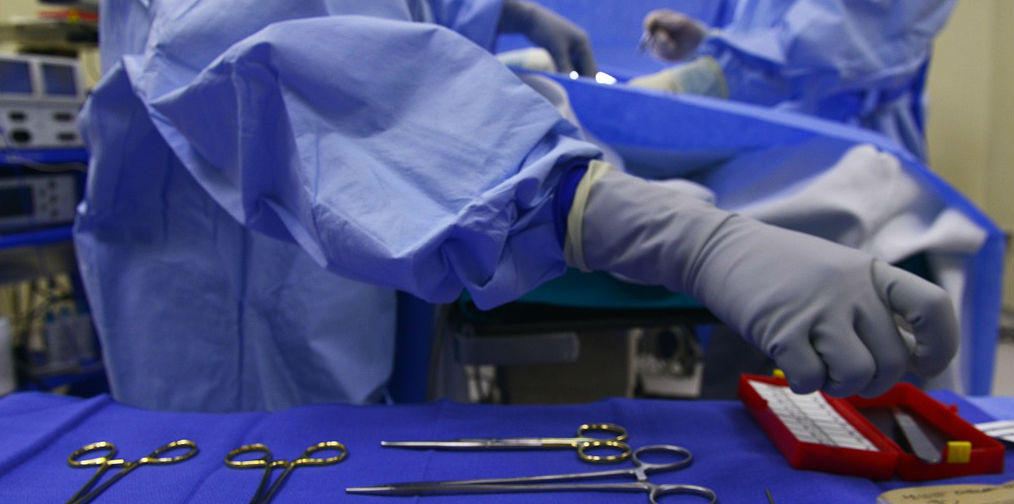
Because of the coronavirus, elective surgeries in many St. Louis hospitals are on hold. But some surgeries can’t wait. What are the necessary precautions to take for safe surgeries during the COVID-19 pandemic? Four national medical groups recently announced a plan to avoid serious errors and patient harm during or following surgery.
The plan is an updated guide published previously this year by these four groups:
· American College of Surgeons
· American Society of Anesthesiologists
· Association of periOperative Registered Nurses
· American Hospital Association
With the current surge in COVID-19 cases, the groups jointly published in November revised guidelines to keeping surgeries safe. (“Joint Statement: Roadmap for Maintaining Essential Surgery during COVID-19 Pandemic”) It’s a comprehensive, multi-step approach that hospitals should heed to avoid needless and serious surgical patient complications, according to the organizations.
Proper Hospital Cleaning During COVID-19
One step has been advocated this entire year by health professionals for the general public. It says that hospitals should have a policy in place for mask-wearing and social distancing. These protocols apply to doctors, nurses and other hospital staff, patients, and patient visitors in non-restricted areas.
These protocols include other related actions, such as:
· Making hand sanitizer available for all staff, patients and visitors
· Requiring temperature checks for staff, patients and visitors
Hand sanitizers should already be readily available in hospitals. Good hand hygiene is a recognized way to prevent the spread of bacteria that can lead to potentially fatal hospital-acquired infections in patients.
Unclean medical devices are another source for serious patient infections. So the plan calls for the proper cleaning – as well as testing and re-engineering – of anesthesia machines used on COVID-19 patients and non-COVID-19 patients alike.
COVID-19 Physician Burnout Can Lead to Medical Errors
Healthcare providers during the COVID-19 pandemic face daunting job stress and shift demands. This joint statement includes the need for hospitals to focus on the well-being of the staff while the pandemic rages on. Points of emphasis in particular are:
· Working hours
· Post-traumatic stress
· Burnout
This is not new to COVID-19. Many studies in recent years have pointed to emotional burnout as a cause of medical errors. A lack of sleep is another factor.
Testing has been a predominate tool to mitigate the spread of COVID-19 within the general population. The same is true for hospital patients.
The joint statement for safe surgeries during COVID-19 calls for hospitals to institute a testing protocol for patients that provides accuracy and timeliness. The timing must be such that results are available to make necessary pre-surgical assessments.
And hospitals must have plans in place for the care of not only surgical patients that test positive for COVID-19 but hospital staff that are found to have the virus or who may have come into contact with a person testing positive, as well.
The current pandemic is a tremendous challenge for hospitals, and doctors and nurses, who are working tirelessly. But it also represents a heightened danger to patients – especially those who must have surgery - which is why hospitals must establish and follow care protocols tailored to this known vulnerability.
Patients who don’t receive the proper standard of medical care are subject to avoidable and life-threatening medical mistakes. If someone in your family suffered greatly or died, possibly from an error during medical care, consult a medical malpractice attorney about conducting a thorough investigation.
The choice of a lawyer is an important decision that should not be based solely on advertisements.
Authored by Gray Ritter Graham, posted in Blog December 11, 2020

 RSS Feed
RSS Feed